
How to Deal with Seasonality in your Small Business
This is a guest post contributed by Esther Akinsola. Esther is a freelance content marketer for travel and tourism brands who want to build authority and convert their prospects with helpful content. She is currently the principal strategist at Zippa Marketing.
“Contract crunch” is a fun term for a not-so-fun thing: when your freelance work dries up for a prolonged period of time. It can happen because of a recession, personal life events, seasonal fluctuations, or a change in client demand.
Instead of viewing your dry periods as pure losses, consider them learning experiences — opportunities for transformation and growth.
When business is slow, it gives you room to diversify your skills, cultivate resilience, and emerge even stronger on the other side.
In this article, I’ll delve into the nuance of contract crunch, exploring strategies to help you navigate it with grace.
Effects of Contract Crunch
“The common theme I’m experiencing is potential clients not being able to make decisions or taking a long time to make decisions and low-balling across the board.” Lindsay Tague
During this phase, clients are less likely to explain their reasons to you. Some call it a management issue, while others refer to it as internal. But many could also be cutting back on costs to sustain the company. As a freelancer, you could experience the following as a result of their slow decision or temporal rejection.
- Financial Concerns: Let’s be real; when contracts are scarce, the first thing that feels the pinch is your wallet. You start doing the budget dance, prioritizing bills, and maybe eating more instant noodles than you’d like. And if you have considerable expenses to cover, dependents to care for, and no savings to fall back on, that can be all the more scary. Practical steps like budgeting and — if need be — seeking short-term gigs or part-time work can help you stay afloat when money is tight.
- Imposter Syndrome: It’s perfectly normal to question your skills and choices during a contract crunch. “Did I make the right decision?” you wonder. Impostor syndrome might convince you that your slow months are a reflection of your skills and worth. Keep the larger context in mind. And focus on all the data points you have to show that you know what you’re doing, like prior client feedback, past successes, and everyday wins
How to Deal With Contract Crunch
1. Upskilling: There’s no better time to diversify your skill set than now. Take advantage of the downtime and broaden your knowledge. So, if you’ve been interested in learning prompt engineering or how to create stunning infographics, then get on it. Doing this during the dry spell will position you for better opportunities down the line. If you’re cash-strapped, start with a skill share or Class Central on YouTube.While you still hunt for gigs, block out time to invest in yourself.
2. Invest in your feast season: Sometimes your resilience and how you manage the “contract crunch” season depend on what you made of your feast. There are over 1,000,000 videos on the internet teaching us all how to make money from our skills but only a handful telling us how to invest or save our income. So, brush up on your financial knowledge. Ask people you look up to how they invest their money. Start making savings goals for the short-term, mid-term, and long-term, so you can act on them when your cash flow improves.
3. Start a side project: If there’s something else you are passionate about within or outside your creative work, now is the time to do it. While it’s smart to dabble into side projects you can easily start and quit, it doesn’t hurt to have an additional stream of income that could lead to more income. This could be starting a blog and monetizing it, creating digital projects, starting a mentorship program, selling courses, or affiliate marketing. You can also simply expand on your existing services. For example, if you write PR articles you can consider offering SEO content writing on the side.
4. Invest in marketing: This is one thing freelancers don’t share enough. It’s okay to invest in paid ads or hire appointment-setters. It can be hard to focus on client work if you have to do everything yourself in your feast season. But to minimize your risk during your slow season, you’ll need to ensure your calendar is constantly booked and outsource tasks if need be, so you can always have something to fall back on.
5. Create a system for consistent work. Freelancers are used to offering one-off pricing for their clients, but moving to package offerings is often a better setup. Not only does it increase your bottom line, but it ensures that your clients stick around longer. For example, say you charge $2000 for website development. Your clients simply pay for that one gig and move on. But in reality, that website will need ongoing support and maintenance. You could offer a package deal that includes error fixing and tech support maintenance. Offering bundle plans helps you land recurring work and ultimately negotiate higher pay.
6. Networking: During a contract crunch, you need all the support you can get. Talk to other freelancers to understand what they are doing differently and how they’ve been able to fill their pipeline with leads. You never know who might pass your name along and help you land your next gig.
The bottom line: Slow seasons are tough in many ways. But they also offer opportunities for growth. Use your time wisely, and you may just set yourself up for an even bigger feast than you’d imagined next season.



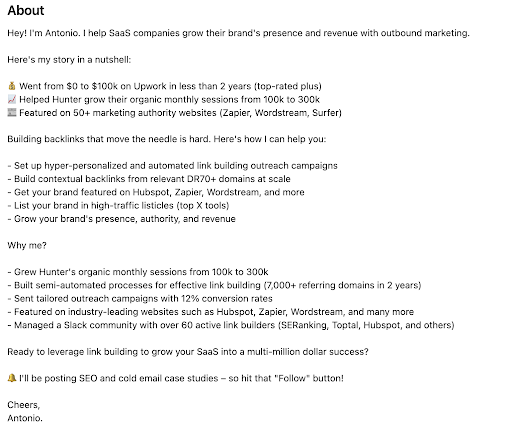
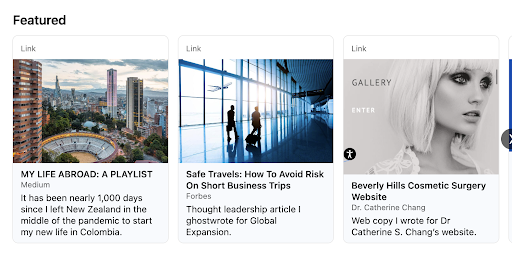
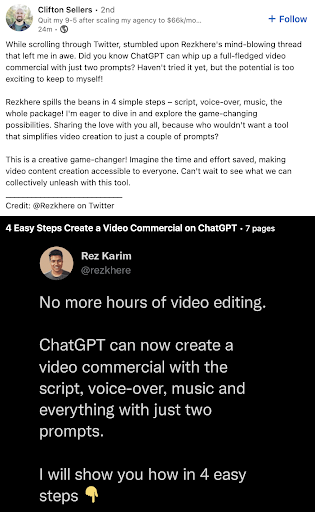
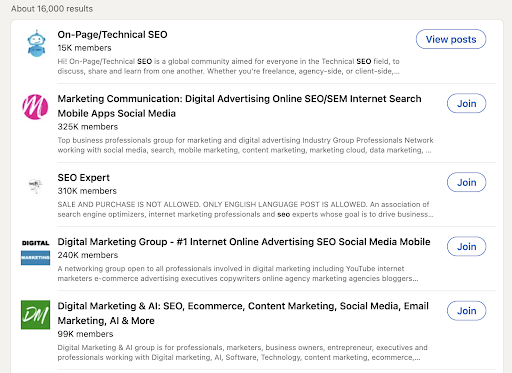
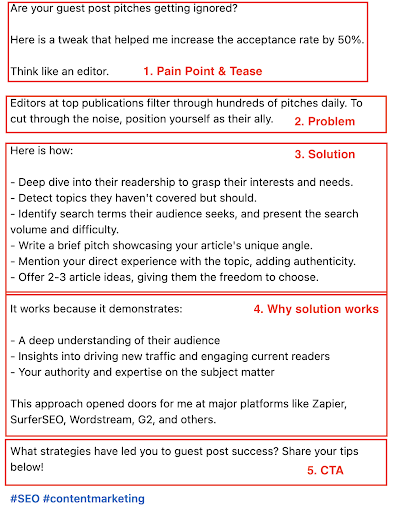

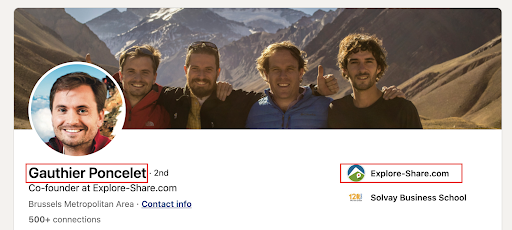
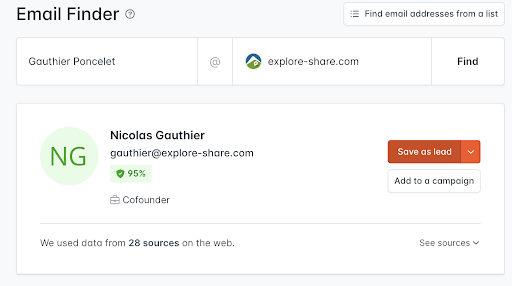

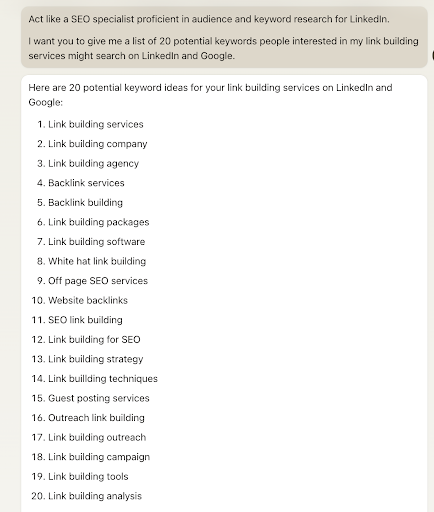




Recent Comments